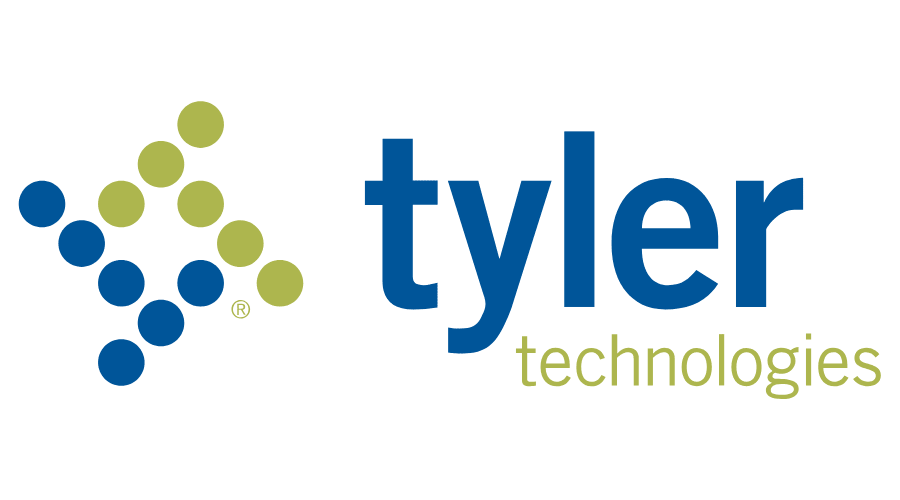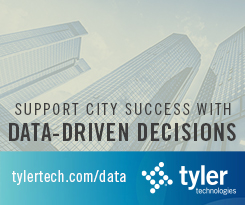
Photo: Winterling | Dreamstime.com
Getting started with using data to improve city performance
24 August 2022
Sponsored by: Tyler Technologies
A growing number of cities are using their data as part of performance improvement programmes. Some have well embedded initiatives and others are just starting out.
But what does using data for performance improvement mean in practice?
On a webinar hosted by Tyler Technologies, local government experts shared their views.
Brent Stockwell, Assistant City Manager in Scottsdale, Arizona, said: “Being high performance means that you’re effective, efficient, productive and focused.
“Evidence-based decision-making is an ongoing systematic approach to both achieve and improve results by integrating objective evidence with decision-making processes.”
And for Kirk McLean, Buffalo’s Director of Open Data and Chief of Staff to the city’s CIO: “A high performing organisation is a curious organisation.
“It’s full of inquisitive people wondering how things can be better. They measure how they’ve done in the past and how they’re doing now, but they also think about what they can be doing moving forward to be even better. There’s a push to continuously improve.”
He added: “A high performing organisation also centres its work around the humans that it serves: How can we make the experience better for the customer, resident, user? How can we make our services better? What can we do to help achieve our goals and our mission?”
Driving change
In this spirit of continuous improvement, cities are learning and adapting their efforts along the way.
Stockwell said Scottsdale has had a performance management programme for over a decade, but measures have been streamlined from over 600 that were initially in place but still didn’t give a clear picture of organisational performance.
“We’ve got to make it simpler,” he said. “We blew up everything, we started over from scratch again and built from there…We’re always working to get better and better at this.”
While reporting regular metrics such as quarterly numbers is important, cities also need to be agile and use data to get ahead of emerging trends and issues. This involves focusing on strategic datasets, as many cities did during the pandemic, as well as tapping the full potential of the latest tools.
Tyler’s Enterprise Data Platform, for example, can be configured to send out regular bulletins to senior officials.
“City leaders have got so much stuff on their plate, bullet-point, bitesize information can really help,” said Melissa Bridges, Senior Client Success Manager, Tyler Technologies.
Through a personalised dashboard link, alerts can be configured to include at-a-glance facts for the mayor, such as how many 911 calls were received the previous day or the status of purchase orders.
“Whatever it is they need to know to start their day,” said Bridges.
Start with the basics
When it comes to driving a data culture, McLean said it’s important to make it as easy as possible for staff, who are often expected to sign into several different systems with various logins throughout the day.
“Sometimes [with] data and analytics, we complicate things and people are hesitant or reluctant to participate fully because of that.”
He advised choosing tools that are familiar and easy to use and providing training.
Justin Bruce, Director of Client Success at Tyler Technologies, who used to work in city government, said a good way to get people engaged with using data for robust performance management programmes is to highlight that: “First and foremost, budgets are driven by facts.”
“In most cases, if you can prove that you have need or that you have an effective use of dollars, more than likely you’re going to leapfrog someone who just has an idea,” he said.
Having data and KPIs in place can also be a good way to compete for grant funding, which is particularly important at the moment as cities look to federal sources such as the US$1.2 trillion Infrastructure Investment and Jobs Act (IIJA).
Join Tyler Technologies’ next Community of Practice to learn data and performance management best practices from your peers in government.












